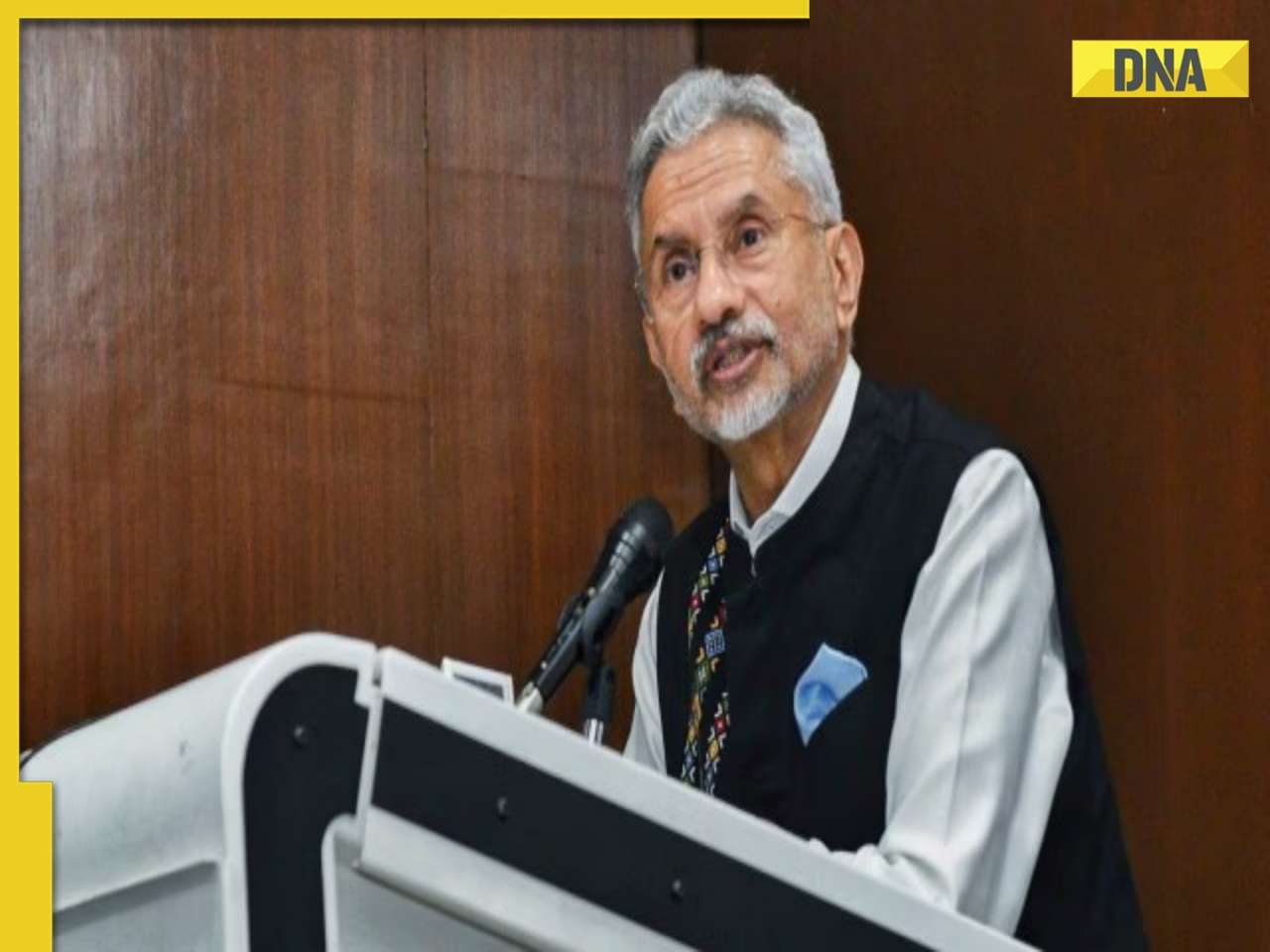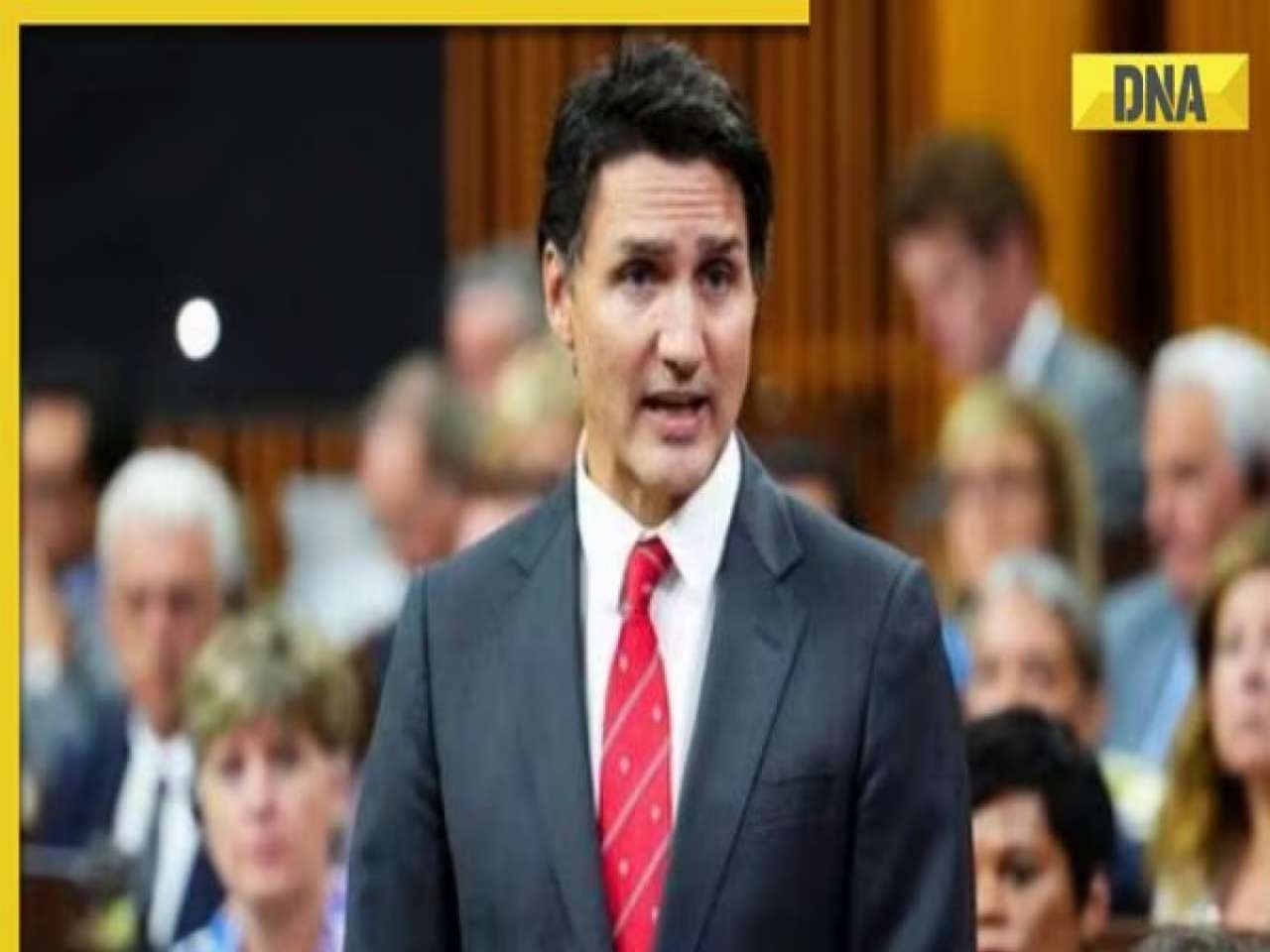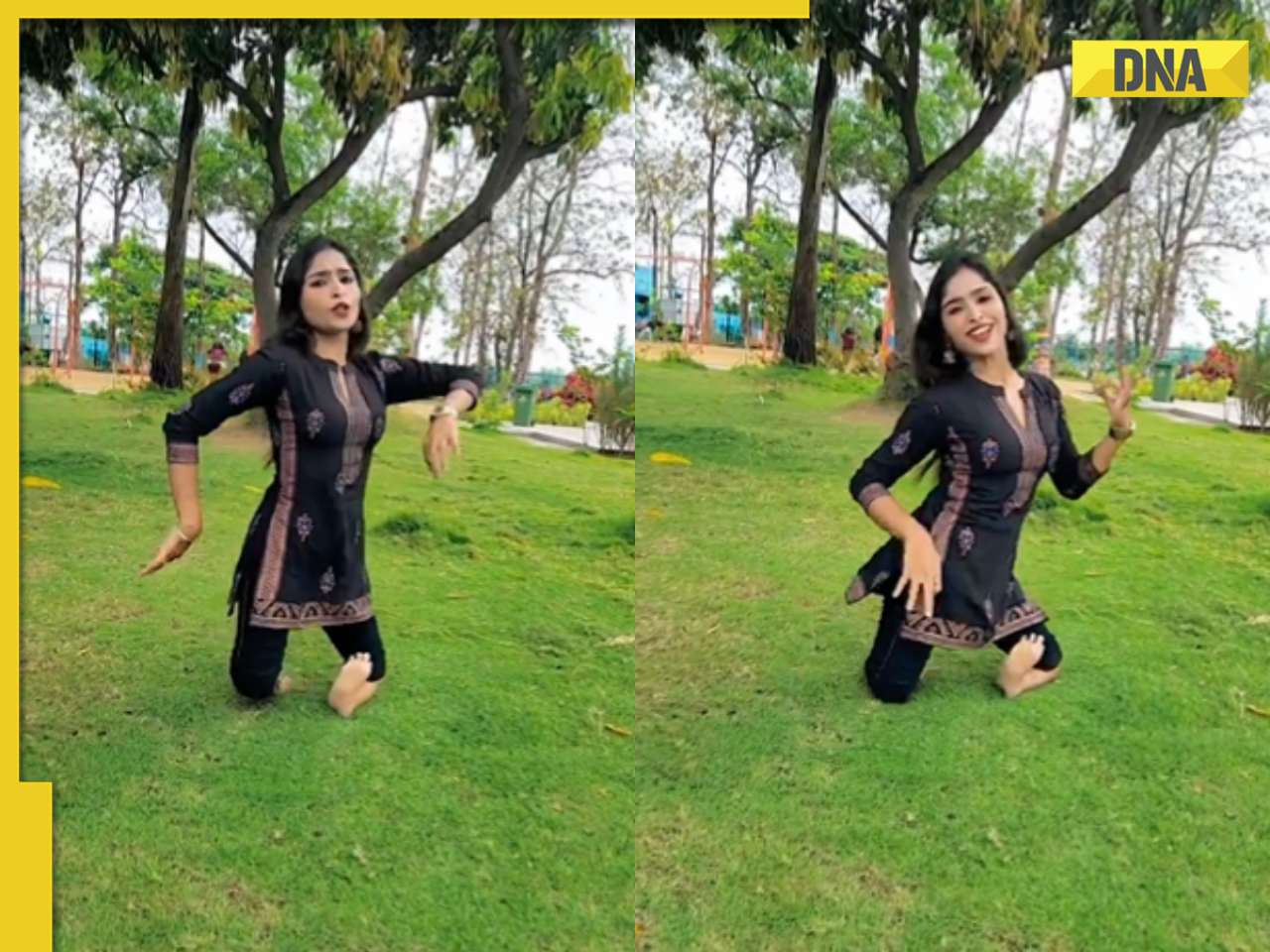A couple of years ago, the city police hit upon the idea of starting an in-house counselling team, comprising mostly women, when more and more warring couples on the brink of divorce knocked at their doors. While such counsellors who offer their services for free have been credited with saving many a failing marriage, trained therapists argue that they may be doing more harm than good.
Seventy-two-year-old Mrs Lakhanpal looked chuffed at a function held at the SNDT College by the city police early in May to felicitate the couples who had approached them for a divorce or had complained of marital discord but had later patched up their differences. The honour was a recognition of their dedication to the institution of marriage. Reconciliation after estrangement, though, wasn’t as easy as waving a magic wand. The couples, to a great extent, owed it to a group of women among the audience — members of the Mahila Dakshata Samiti, the in-house marriage counselling team of the police department. It was easy to infer from her bright, discerning eyes and a no-nonsense attitude that Lakhanpal is their leader.
That Lakhanpal is conscious of the power she wields is obvious when she is asked for her address over the phone. She simply says, “Go to Prithvi Theatre and ask anybody where Mummyji lives. He’ll show you.” Clearly, she wasn’t talking through her hat. Later, she explains that ‘Mummyji’ is a moniker affectionately bestowed upon her by her neighbours.
The go-to person
Lakhanpal is a troubleshooter extraordinaire. Whenever there’s trouble in the neighbourhood, she’s the first call. Recently, when a neighbouring toddler cut his head while playing, his parents called Lakhanpal to help them out.
So, how did she get into marriage counselling, that too for the police? “Seven to eight years ago, Amitabh Gupta, then deputy commissioner of police at the Bandra police station, started the Mahila Dakshata Samiti to help counsel the couples who went to the police with marital problems,” she explains. The police, she adds, found themselves in a pickle; if they tried to counsel the couples on their own, they would be accused of taking sides or, worse, of accepting bribes. “So, they decided to constitute a group comprising respected members of society, mainly women, who would be able to handle such cases.”
Lakhanpal, who had been the principal of CD Barfiwala High School and Junior College at Andheri fit the bill. Cases, she says, either come in a torrent or dry up for months. She hasn’t had a case for a few months now.
But the ‘lull’ hasn’t faded memories. She recalls the case of a young woman who had filed a police complaint of domestic violence against her husband. According to Lakhanpal, the husband used to get drunk and beat her up regularly in front of her kids, while her in-laws stood by silently. She lays her strategy cards on the table. “I use four techniques [while dealing with warring couples] — scolding, bribing, threatening, and divide and rule. First, I scolded the husband for beating up his wife. Then, I tried to bribe him with the promise of a better life if he gave up drinking. I also threatened him with legal consequences of domestic violence.”
The husband told Lakhanpal that he drank and got violent because his business was in the doldrums. He claimed that he got enraged each time his wife asked him about his financial situation. “I also counselled the wife. I told her not to ask her husband about money matters. If she knows that her husband is going through a rough patch, then she should be supportive and not confrontational. I met the couple four or five times after which they stopped coming to the police station.” Lakhanpal then took this as a sign that the two had made up.
The Mahila Dakshata Samiti counsels in teams. Lakhanpal does most of the counselling, while Baageshwari Sharma, the 52-year-old principal of Vesawa Vidya Mandir who has a warm smile, is her able aide.
Qualified enough?
Lakhanpal’s methods of counselling will take trained therapists by surprise. Counsellors generally don’t scold or bribe or even drop their clients off in their car for a romantic walk on the beach. Lakhanpal is, however, confident of her abilities. “I have counselled many students in my 34-year tenure of being a teacher and a principal. Once, a student threatened to commit suicide. I calmed him down, fed him and then sorted out his problems. Many years later, he bumped into me on a street, touched my feet and thanked me.”
Lakhanpal argues that to be an effective marriage counsellor, one’s needs to be experienced at dealing with people and should have knowledge about laws relating to marriage, divorce, custody and alimony. But trained therapists are not convinced.
Dr Varkha Chulani, clinical psychologist and psychotherapist at Lilavati Hospital, says marriage counselling requires formal training and practice. Lakhanpal points out that the police prefer her counsellors over trained therapists because they offer their services for free, as a sort of ‘social service’. “Which trained therapist will come and devote time at a police station for free?”
Dr Chulani admits that getting professional therapy services for free is a difficult proposition, but the quality of counselling provided would be well worth the money.
![submenu-img]() 'They unilaterally took some measures': EAM Jaishankar on new Nepal 100 rupee currency
'They unilaterally took some measures': EAM Jaishankar on new Nepal 100 rupee currency![submenu-img]() Meet Ice Cream Lady of India, who built Rs 6000 crore company, started with small investment of Rs…
Meet Ice Cream Lady of India, who built Rs 6000 crore company, started with small investment of Rs…![submenu-img]() ‘Canada a rule-of-law country’: PM Trudeau after 3 Indian arrested over Hardeep Nijjar's murder
‘Canada a rule-of-law country’: PM Trudeau after 3 Indian arrested over Hardeep Nijjar's murder![submenu-img]() Viral video: Specially-abled girl’s energetic dance to Bollywood song wows internet, watch
Viral video: Specially-abled girl’s energetic dance to Bollywood song wows internet, watch![submenu-img]() 'Baap re baap': Imtiaz Ali reveals Diljit Dosanjh was scandalised by old women's 'vulgar' improvisation on Chamkila set
'Baap re baap': Imtiaz Ali reveals Diljit Dosanjh was scandalised by old women's 'vulgar' improvisation on Chamkila set![submenu-img]() DNA Verified: Is CAA an anti-Muslim law? Centre terms news report as 'misleading'
DNA Verified: Is CAA an anti-Muslim law? Centre terms news report as 'misleading'![submenu-img]() DNA Verified: Lok Sabha Elections 2024 to be held on April 19? Know truth behind viral message
DNA Verified: Lok Sabha Elections 2024 to be held on April 19? Know truth behind viral message![submenu-img]() DNA Verified: Modi govt giving students free laptops under 'One Student One Laptop' scheme? Know truth here
DNA Verified: Modi govt giving students free laptops under 'One Student One Laptop' scheme? Know truth here![submenu-img]() DNA Verified: Shah Rukh Khan denies reports of his role in release of India's naval officers from Qatar
DNA Verified: Shah Rukh Khan denies reports of his role in release of India's naval officers from Qatar![submenu-img]() DNA Verified: Is govt providing Rs 1.6 lakh benefit to girls under PM Ladli Laxmi Yojana? Know truth
DNA Verified: Is govt providing Rs 1.6 lakh benefit to girls under PM Ladli Laxmi Yojana? Know truth![submenu-img]() Streaming This Week: Heeramandi, Shaitaan, Manjummel Boys, latest OTT releases to binge-watch
Streaming This Week: Heeramandi, Shaitaan, Manjummel Boys, latest OTT releases to binge-watch![submenu-img]() Remember Ayesha Kapur? Michelle from Black, here's how actress, nutrition coach, entrepreneur looks after 19 years
Remember Ayesha Kapur? Michelle from Black, here's how actress, nutrition coach, entrepreneur looks after 19 years![submenu-img]() Remember Heyy Babyy's cute 'Angel' Juanna Sanghvi? 20 year-old looks unrecognisable now, fans say 'her comeback will...'
Remember Heyy Babyy's cute 'Angel' Juanna Sanghvi? 20 year-old looks unrecognisable now, fans say 'her comeback will...'![submenu-img]() In pics: Arti Singh stuns in red lehenga as she ties the knot with beau Dipak Chauhan in dreamy wedding
In pics: Arti Singh stuns in red lehenga as she ties the knot with beau Dipak Chauhan in dreamy wedding![submenu-img]() Actors who died due to cosmetic surgeries
Actors who died due to cosmetic surgeries![submenu-img]() DNA Explainer: Why Harvey Weinstein's rape conviction was overturned, will beleaguered Hollywood mogul get out of jail?
DNA Explainer: Why Harvey Weinstein's rape conviction was overturned, will beleaguered Hollywood mogul get out of jail?![submenu-img]() What is inheritance tax?
What is inheritance tax?![submenu-img]() DNA Explainer: What is cloud seeding which is blamed for wreaking havoc in Dubai?
DNA Explainer: What is cloud seeding which is blamed for wreaking havoc in Dubai?![submenu-img]() DNA Explainer: What is Israel's Arrow-3 defence system used to intercept Iran's missile attack?
DNA Explainer: What is Israel's Arrow-3 defence system used to intercept Iran's missile attack?![submenu-img]() DNA Explainer: How Iranian projectiles failed to breach iron-clad Israeli air defence
DNA Explainer: How Iranian projectiles failed to breach iron-clad Israeli air defence![submenu-img]() 'Baap re baap': Imtiaz Ali reveals Diljit Dosanjh was scandalised by old women's 'vulgar' improvisation on Chamkila set
'Baap re baap': Imtiaz Ali reveals Diljit Dosanjh was scandalised by old women's 'vulgar' improvisation on Chamkila set![submenu-img]() This actor, who worked with Karan Johar and Farhan Akhtar, gave superhit shows, saw failed marriage, killed himself at..
This actor, who worked with Karan Johar and Farhan Akhtar, gave superhit shows, saw failed marriage, killed himself at..![submenu-img]() Did you know Ranveer Singh's grandmother was popular actress? Worked with Raj Kapoor; her career affected due to...
Did you know Ranveer Singh's grandmother was popular actress? Worked with Raj Kapoor; her career affected due to...![submenu-img]() India's highest-paid TV actress began working at 8, her Bollywood films flopped, was seen in Bigg Boss 1, now charges...
India's highest-paid TV actress began working at 8, her Bollywood films flopped, was seen in Bigg Boss 1, now charges...![submenu-img]() Shreyas Talpade wonders if his heart attack was due to Covid vaccine: 'We don’t know what we have taken inside...'
Shreyas Talpade wonders if his heart attack was due to Covid vaccine: 'We don’t know what we have taken inside...'![submenu-img]() IPL 2024: Faf du Plessis, Virat Kohli help Royal Challengers Bengaluru defeat Gujarat Titans by 4 wickets
IPL 2024: Faf du Plessis, Virat Kohli help Royal Challengers Bengaluru defeat Gujarat Titans by 4 wickets![submenu-img]() IPL 2024: Why is Sai Kishore not playing today's RCB vs GT match?
IPL 2024: Why is Sai Kishore not playing today's RCB vs GT match?![submenu-img]() 'Mumbai Indians ki kahani khatam': Ex-India star slams Hardik Pandya after MI's loss to KKR at Wankhede
'Mumbai Indians ki kahani khatam': Ex-India star slams Hardik Pandya after MI's loss to KKR at Wankhede![submenu-img]() LSG vs KKR, IPL 2024: Predicted playing XI, live streaming details, weather and pitch report
LSG vs KKR, IPL 2024: Predicted playing XI, live streaming details, weather and pitch report![submenu-img]() LSG vs KKR IPL 2024 Dream11 prediction: Fantasy cricket tips for Lucknow Super Giants vs Kolkata Knight Riders
LSG vs KKR IPL 2024 Dream11 prediction: Fantasy cricket tips for Lucknow Super Giants vs Kolkata Knight Riders![submenu-img]() Viral video: Specially-abled girl’s energetic dance to Bollywood song wows internet, watch
Viral video: Specially-abled girl’s energetic dance to Bollywood song wows internet, watch![submenu-img]() Viral video: Man educates younger brother about mensuration, internet is highly impressed
Viral video: Man educates younger brother about mensuration, internet is highly impressed![submenu-img]() Girl's wedding dance to Haryanvi song interrupted by mother in viral video, internet reacts
Girl's wedding dance to Haryanvi song interrupted by mother in viral video, internet reacts![submenu-img]() Viral video: Man fearlessly grabs dozens of snakes, internet is scared
Viral video: Man fearlessly grabs dozens of snakes, internet is scared![submenu-img]() This mysterious mobile phone number was suspended after three users...
This mysterious mobile phone number was suspended after three users...

















































)
)
)
)
)
)